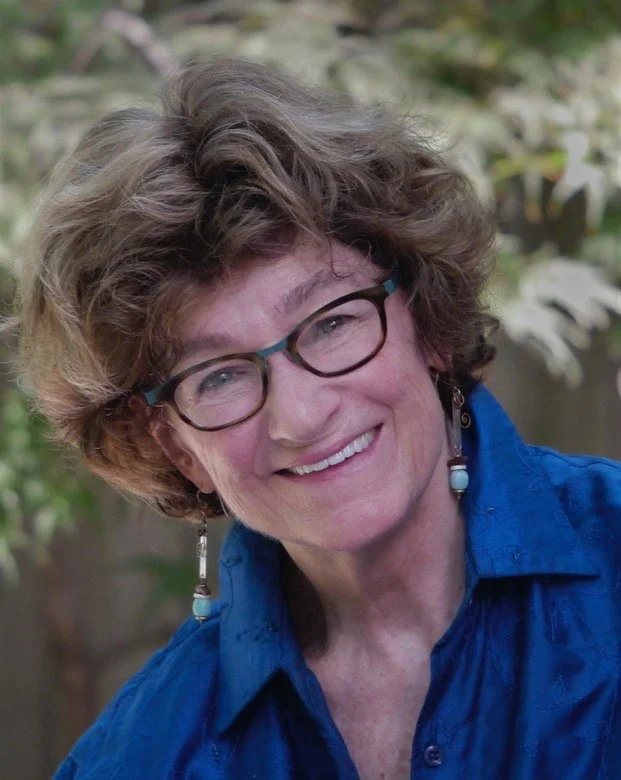SPONSOR SPOTLIGHT
Creativity is Connection in Penn’s Master of Philosophy in Liberal Arts
When students in Penn’s Master of Philosophy in Liberal Arts (MPhil) program take a writing workshop with award-winning author Kathryn "Kitsi" Watterson, the first character they conjure on the page is one of their classmates. “We’re each a whole little universe within ourselves,” says Watterson, “and we connect around the table.” She pairs her students off and asks them to each talk about themselves for five minutes while their partner takes notes, ultimately constructing a story to introduce one another to the class. It’s an opportunity not only to practice storytelling, but also connection. “If we can't connect to ourselves when we're going to write a story, and we can't connect to each other and the other people in the room, then what are we doing? What's this for?” asks Watterson.
MPhil students are no strangers to making connections. Each student’s curriculum is hand-picked from courses across disciplines throughout the University of Pennsylvania, juxtaposing different topics and methodologies to form a rich context for their culminating thesis projects. No two students follow the same path, but many students—whether they are focused on a creative project, studying history, or analyzing visual media—may find themselves in a workshop like this fall’s A Slice of Life: Memoir Writing or next spring’s Being Human: A Personal Approach to Race, Class & Gender, both taught by Watterson. Writing from your distinct point of view can be a great opportunity to discover what energizes you and motivates your desire to learn and share. “The one thing I ask everybody to do is to write about something that matters to you,” says Watterson. “If you come in with that intention, it’s going to be better work, because you’re invested in it.”
Kathryn "Kitsi" Watterson
But as Watterson points out, not everyone comes into a workshop knowing what matters to them, or able to predict where their creative exploration will take them. To get there, students may expect visualization exercises that ask them to enter into a moment in time: for example, envisioning a place where you loved to go as a child, from what it looked like to what it felt like to be there. Visualization helps a writer evoke the sensory specificity of their own lived experience—which, perhaps paradoxically, helps their writing connect to its readers. “The writing is much more alive when you are more specific, clear, and true to yourself,” says Watterson. “People suffer and celebrate all over the world. If you can tell me what’s going on for you, I can feel that I have been there. I know what that feels like.” She also coaches students to freewrite for 10 minutes a day—even if no one ever sees that writing, it’s an opportunity to report from wherever they are and however they feel, free of expectations. “When you write in the moment, you create out of that moment—as opposed to figuring out what you should say,” she adds.
“What I really want to see is for each of my students to learn more about themselves and to celebrate themselves,” Watterson concludes. “I hope to see them be empowered by being themselves, no matter what their stories are.”
Connect with us
Penn’s Master of Philosophy in Liberal Arts is ideal for lifelong learners who previously completed a master’s degree in the liberal arts. Available on a full- or part-time basis, the MPhil offers the independence of self-directed study with the expertise of world-class faculty and advising. At Penn, MPhil students work closely with an academic advisor and faculty mentors to select the courses most relevant to your interests, around your schedule. This advanced degree culminates in an independent study and a thesis of your own design, and the five courses you choose along the way shape how you approach and frame this project.
Contact our program director, Dr. Christopher Pastore, to schedule an appointment to review your current research and explore your options for pursuing a Master of Philosophy in Liberal Arts at Penn.
(215) 898-7326
lps@sas.upenn.edu
www.upenn.edu/mla-mphil



